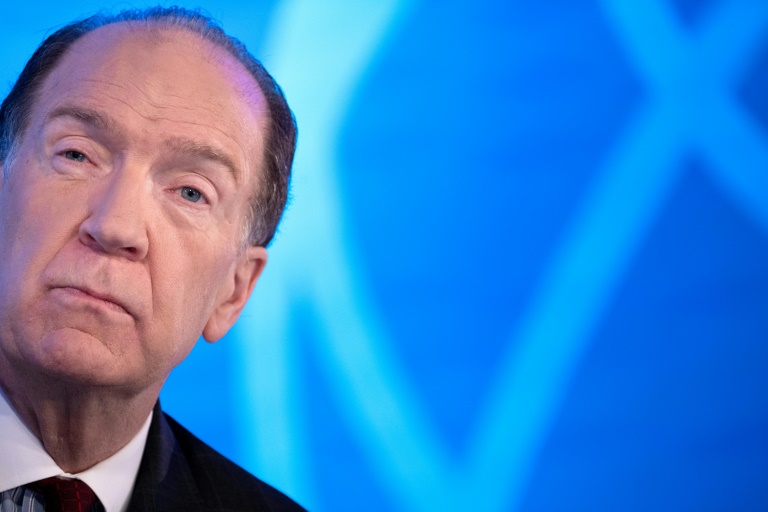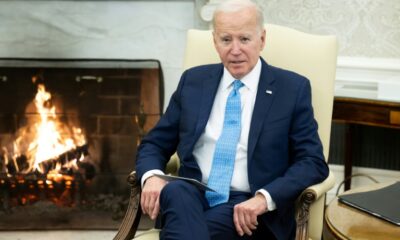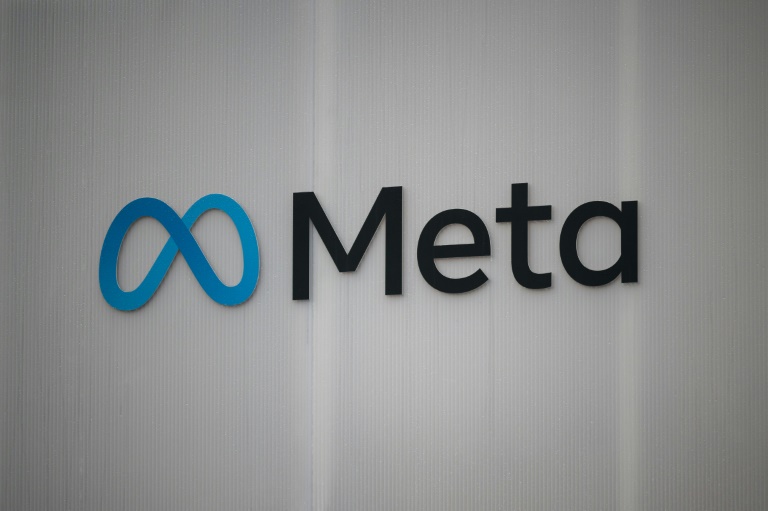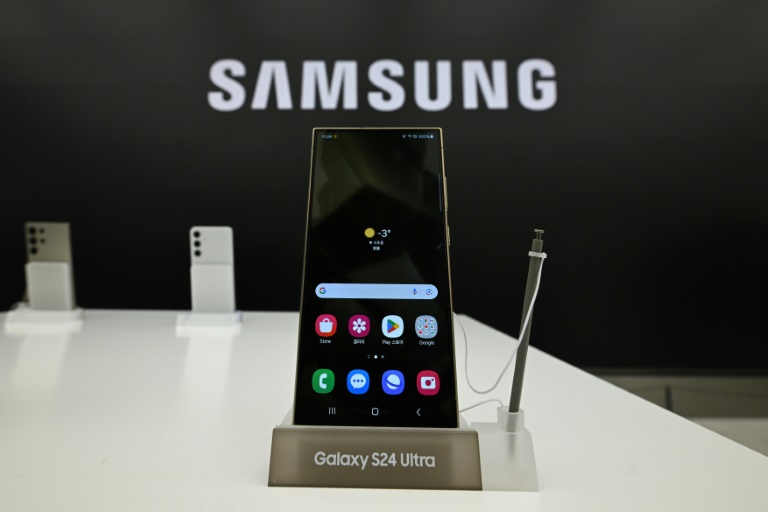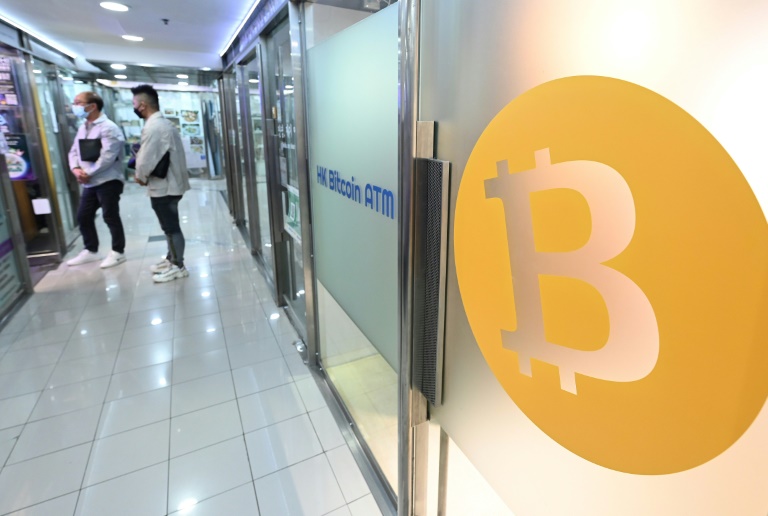Global growth is slowing “perilously close” to recession, the World Bank said Tuesday, slashing its 2023 economic forecast on high inflation, rising interest rates and Russia’s invasion of Ukraine.
Economists have warned of a slump in the world economy as countries battle soaring costs and central banks simultaneously hiked interest rates to cool demand — worsening financial conditions amid ongoing disruptions from the war in Ukraine.
The World Bank’s latest forecast points to a “sharp, long-lasting slowdown” with growth pegged at 1.7 percent this year, roughly half the pace it predicted in June, said the bank’s latest Global Economic Prospects report.
This is among the weakest rates seen in nearly three decades, overshadowed only by the pandemic-induced downturn of 2020 and global financial crisis in 2009.
“Given fragile economic conditions, any new adverse development… could push the global economy into recession,” the Washington-based development lender said.
These include higher-than-expected inflation, sudden spikes in interest rates to contain price increases, or a pandemic resurgence.
World Bank President David Malpass told reporters Tuesday: “I’m concerned, deeply concerned that the slowdown may persist.”
– ‘Particularly devastating’ –
In the United States, growth will likely slow to 0.5 percent in 2023, much lower than earlier forecast, while the euro area is to flatline as it battles energy supply disruptions and price hikes related to Russia’s invasion.
China is predicted to expand 4.3 percent this year, 0.9 points below previous expectations, partly due to lingering pandemic disruptions and property sector weakness.
“The outlook is particularly devastating for many of the poorest economies, where poverty reduction has already ground to a halt,” Malpass said.
“Emerging and developing countries are facing a multi-year period of slow growth driven by heavy debt burdens and weak investment,” he added.
While the World Bank has pushed for a quicker debt restructuring process, “progress remains stalled,” Malpass said.
The broad-based slowdown and weak growth does not mark a recession just yet, said Ayhan Kose, head of the bank’s forecast unit.
But in the near-term, the World Bank is watching out for “the possibility of financial stress, if interest rates go up higher at the global level,” he told AFP.
If this happens and inflation remains persistent, “that could trigger a global recession,” he said.
And if financing conditions get tighter, there will likely be more debt crises this year, he warned.
– ‘Set to deepen’ –
Central banks including the US Federal Reserve have been hiking interest rates over the past year to fight inflation, but the drag on economies is “set to deepen” as policies take effect, the World Bank said.
“The world’s three major engines of growth — the United States, the euro area and China — are undergoing a period of pronounced weakness, with adverse spillovers for emerging market and developing economies,” the bank added.
For now, inflation has risen, nudged up by pandemic-era support, supply shocks and in some cases, currency depreciations relative to the US dollar.
Among the hardest-hit areas is Sub-Saharan Africa, which accounts for some 60 percent of the world’s extreme poor.
Its growth in per capita income over this year and next is expected to average just 1.2 percent, “a rate that could cause poverty rates to rise, not fall,” said the World Bank.
The report also flagged challenges faced by small states with a population of 1.5 million or less, which have been hurt especially hard by the pandemic.
They often also experience losses related to climate disasters “that average roughly five percent of GDP per year,” the bank said.
“Given the higher likelihood of these types of natural disasters, we need to take into account these risks materializing more often down the road,” Kose stressed.

 Events6 months ago
Events6 months ago
 Business4 months ago
Business4 months ago
 Business4 months ago
Business4 months ago
 People3 months ago
People3 months ago
 Events3 months ago
Events3 months ago
